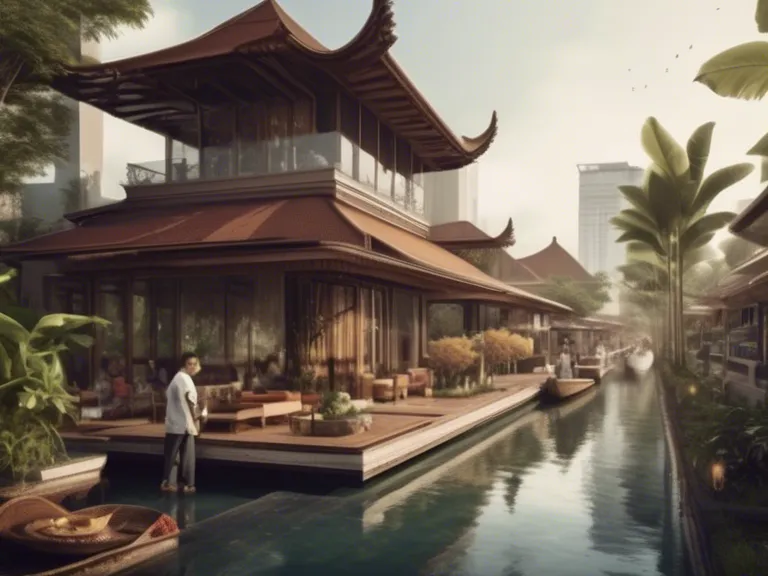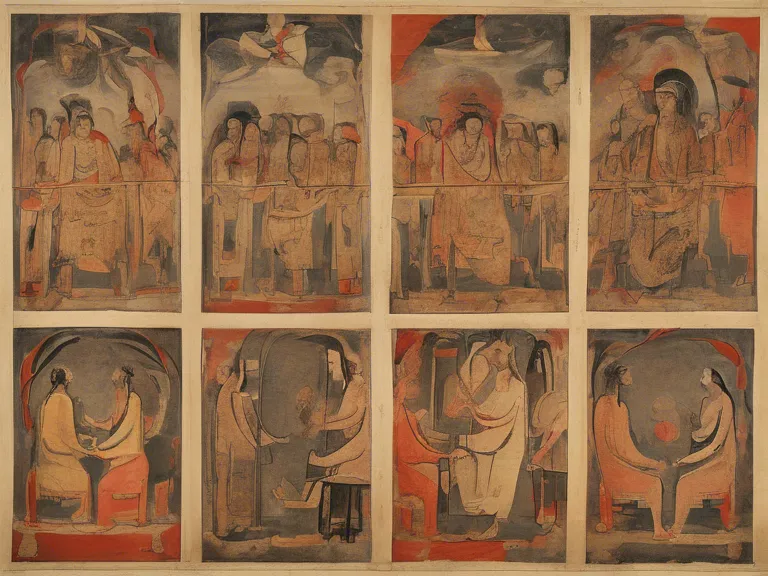
Introduction
Indonesia, with its rich history and diverse cultural heritage, is a country that has always been known for its vibrant culture and lifestyle. As the nation looks to the future, there are exciting changes on the horizon, particularly in the planned move of the capital city from Jakarta to a new location in East Kalimantan. This shift will undoubtedly have a significant impact on the dynamic Indonesian culture and lifestyle.
Cultural Diversity
Indonesia is home to a myriad of ethnic groups, each with its own unique traditions, languages, and customs. From the rich artistic heritage of Bali to the fascinating tribal cultures of Papua, the country's diversity is a source of pride and inspiration. As the new capital is established, there will be opportunities to showcase and celebrate this diversity on a national stage.
Modernization and Globalization
With the relocation of the capital, Indonesia is poised to embrace modernization and globalization in a more comprehensive manner. This shift will likely lead to the development of new industries, increased urbanization, and a greater integration with the global economy. As a result, Indonesian culture and lifestyle are likely to evolve to reflect these changes, blending traditional values with contemporary influences.
Sustainability and Environmental Awareness
One of the key considerations in the development of the new capital is a focus on sustainability and environmental awareness. As Indonesia grapples with issues such as deforestation, pollution, and climate change, there is a growing recognition of the need to protect the country's natural resources and promote eco-friendly practices. This shift towards sustainability will undoubtedly shape the future culture and lifestyle of Indonesia, with an emphasis on conservation and responsible living.
Technological Advancements
As Indonesia moves towards becoming a more technologically advanced nation, there will be significant implications for the country's culture and lifestyle. From the rise of e-commerce and digital innovation to the increasing connectivity through social media and online platforms, technology is reshaping how Indonesians interact, work, and play. This digital transformation will likely lead to new forms of cultural expression and social engagement, as well as changes in traditional practices and behaviors.
Conclusion
The future of Indonesian culture and lifestyle in the new capital city promises to be dynamic and exciting, with a blend of tradition and modernity, diversity and unity, sustainability and progress. As the nation navigates this period of change and growth, it will be crucial to preserve the essence of what makes Indonesian culture unique while embracing the opportunities that come with transformation. By celebrating its heritage, embracing innovation, and promoting sustainable practices, Indonesia can look forward to a bright and vibrant future for its culture and lifestyle.



